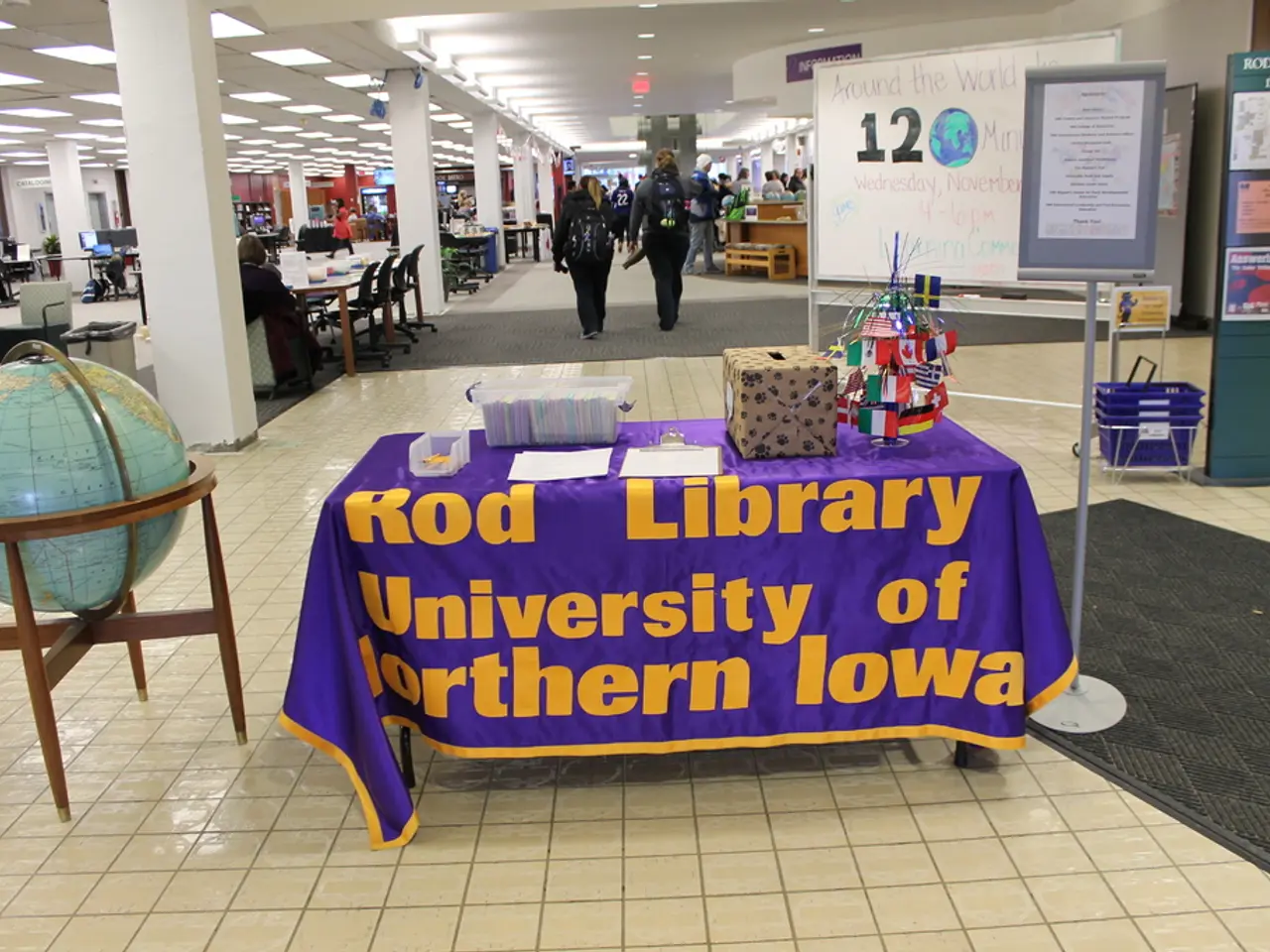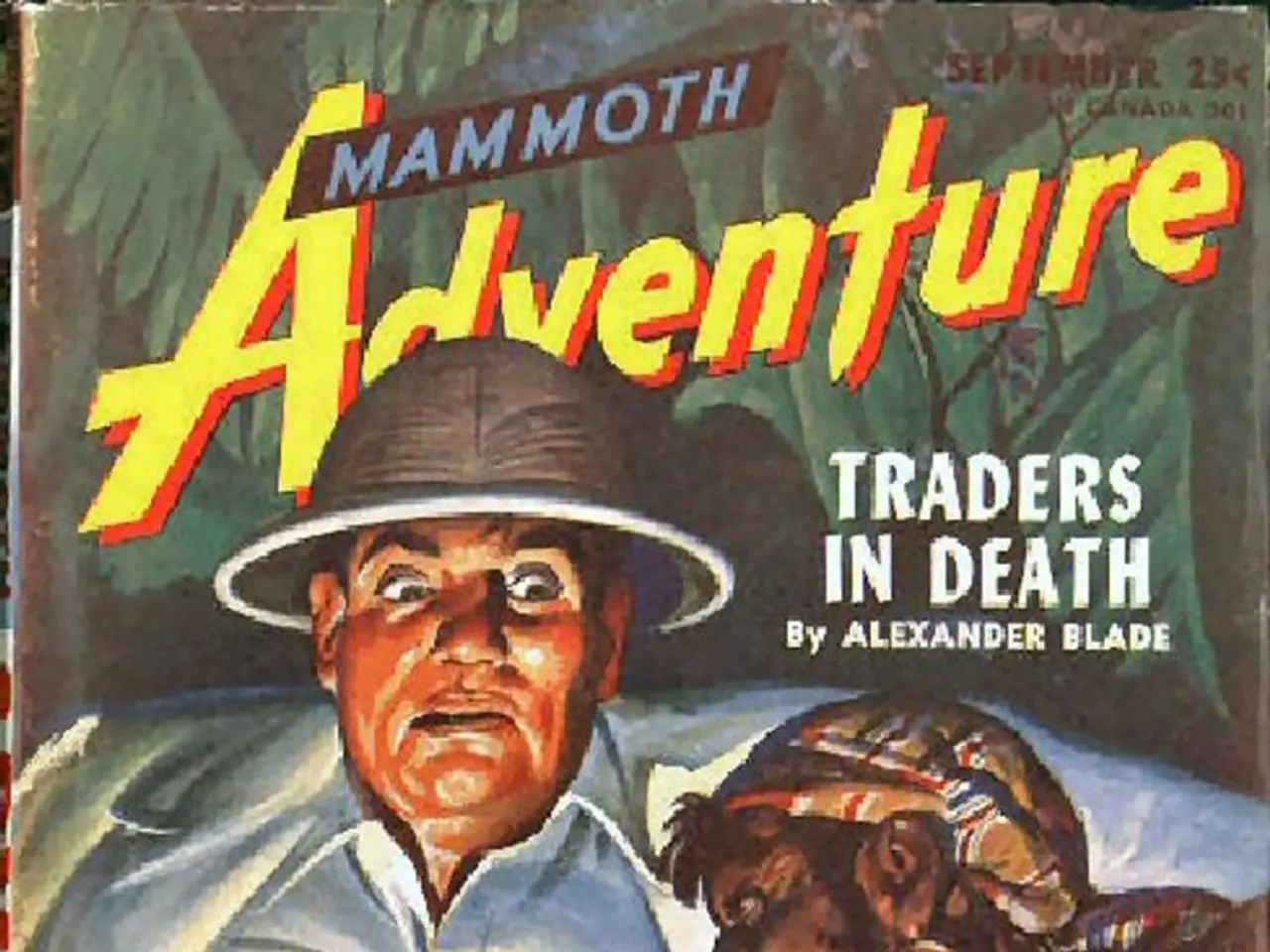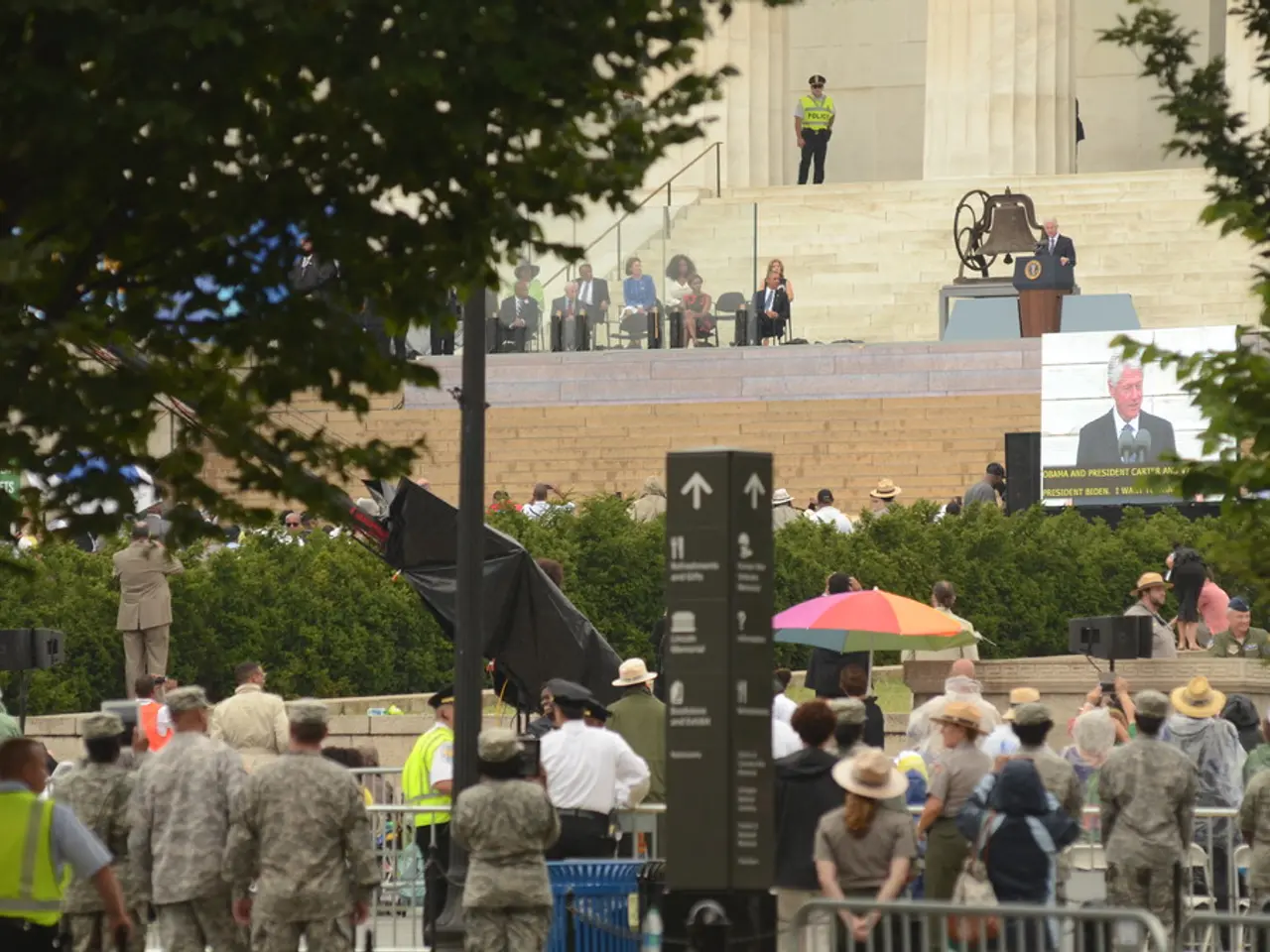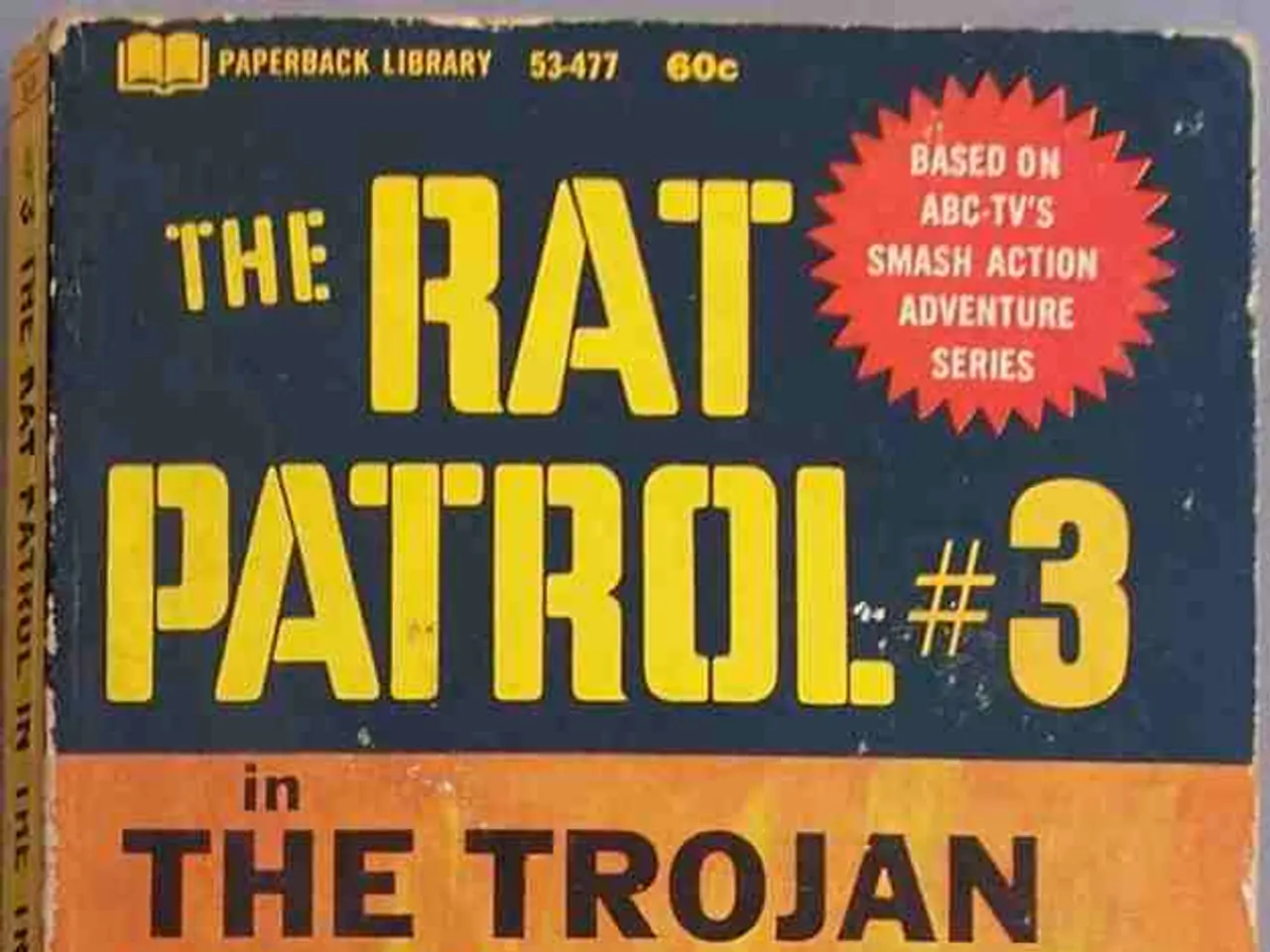Diatribe Delivered by Alan Meltzer, Acting Head of the United States Embassy in Berlin, on July 1, 2025
In the heart of Berlin, the U.S. Embassy hosted its annual Independence Day celebration on June 30, 2025. The event, marked by the resonant tones of Eric Fennell as he performed both the American and German national anthems, was more than just a celebration of shared traditions. Alan Meltzer, Chargé d'Affaires of the U.S. Embassy in Berlin, used the occasion to emphasise the importance of the U.S.-German partnership and the need for modernized transatlantic ties.
Meltzer's speech, delivered in the Embassy's rotunda where a replica of the U.S. Declaration of Independence hangs, was a testament to the longstanding close partnership between the U.S. and Germany. He called it one of the closest alliances and the highlight of his career to serve in this city and country. Reflecting on the ideals of American independence — life, liberty, equality, and the pursuit of happiness — Meltzer underscored that these principles continue to inspire democratic values fundamental to the transatlantic bond.
While primarily a celebration, Meltzer's remarks underscored the importance of ongoing reflection on shared democratic principles and commitments between the two nations and within NATO. He called for the modernization of transatlanticism, stressing the need to update and deepen cooperation in response to new global challenges and technological disruptions.
The conference theme, "Navigating Global Disruptions: Trade, Technology, and Transatlantic Cooperation," illustrated the U.S. intent to deepen economic, technological, and security ties with Europe and modernize these relationships to keep pace with 21st-century challenges. Meltzer advocated for continued diplomatic efforts and dialogue, highlighting the importance of working with trusted partners like Germany within NATO to manage geopolitical risks and promote peace.
The speech reaffirmed shared democratic values and security commitments as the bedrock of NATO and U.S.-German relations. It recognised that modernization is essential to maintaining a strong and effective alliance, including technological innovation, economic partnerships, and strategic diplomacy. The speaker emphasised collaborative approaches to emerging geopolitical threats, such as Iran’s nuclear ambitions, which require a unified transatlantic response.
In his speech, Meltzer also paid tribute to Margot Friedländer, a German-American who passed away this year. Friedländer, a remarkable survivor, witness, and advocate for common humanity, was a poignant reminder of the shared history and mutual respect between the U.S. and Germany.
As the evening's festivities unfolded, Meltzer thanked the many sponsors for making the celebration possible and acknowledged the hard work and commitment of the Embassy team, especially the organizing committee and over one hundred embassy volunteers. He looked forward to meeting many guests over the course of the evening and concluded with a toast to the ideals promulgated by America's visionary founders and the deep spirit of friendship that links the two countries.
Policy-and-legislation discussions focused on modernizing transatlantic ties were emphasized in Meltzer's speech during the U.S. Embassy's Independence Day celebration. The importance of incorporating collaborative approaches to emerging geopolitical threats, such as Iran's nuclear ambitions, was highlighted within these conversations regarding policy-and-legislation.
In addition, Meltzer's speech touched upon the importance of politics and general-news, particularly in the context of transatlantic relations. He advocated for continued diplomatic efforts and dialogue within NATO, stressing the significance of collaboration with trusted partners like Germany to manage geopolitical risks and promote peace.







